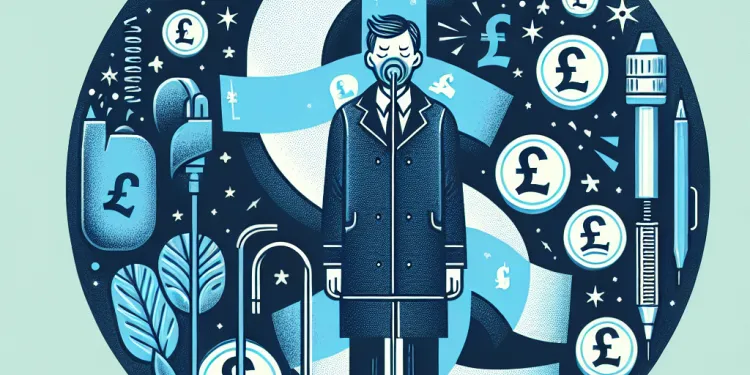
Find A Professional
More Items From Ergsy search
-
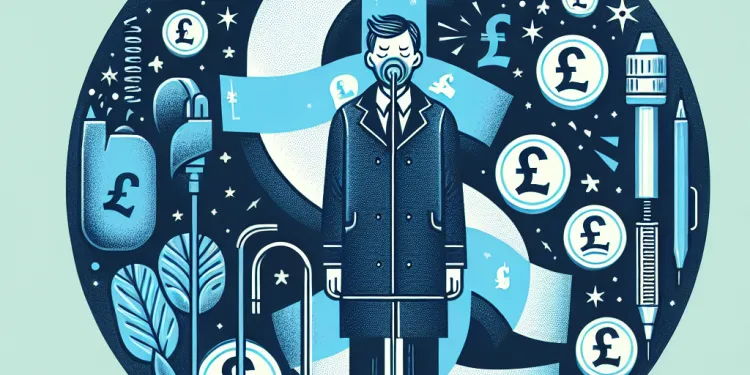
What is sleep apnoea?
Relevance: 100%
-
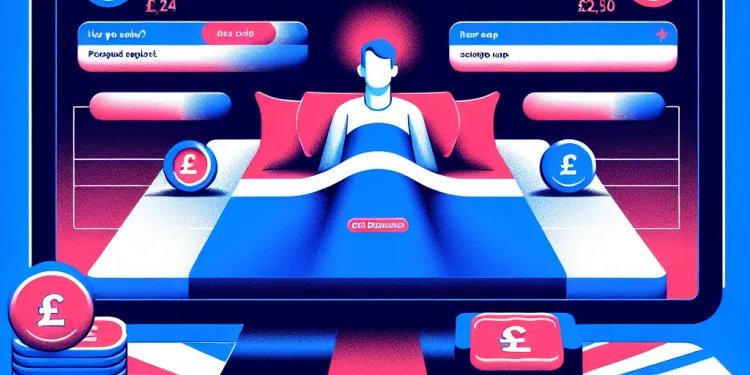
How is sleep apnea diagnosed?
Relevance: 87%
-
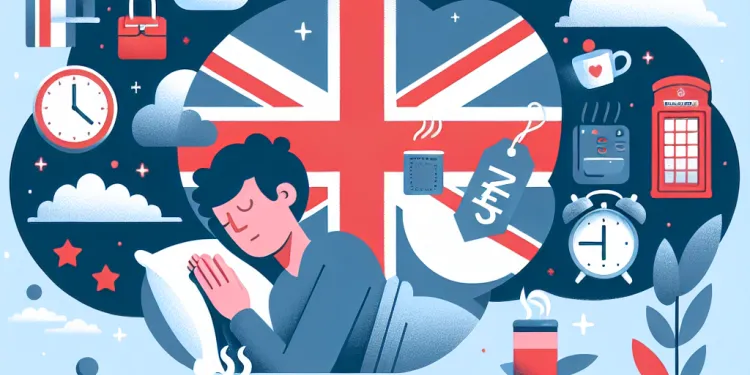
What are common symptoms of sleep apnea?
Relevance: 79%
-

What is complex sleep apnea syndrome?
Relevance: 78%
-
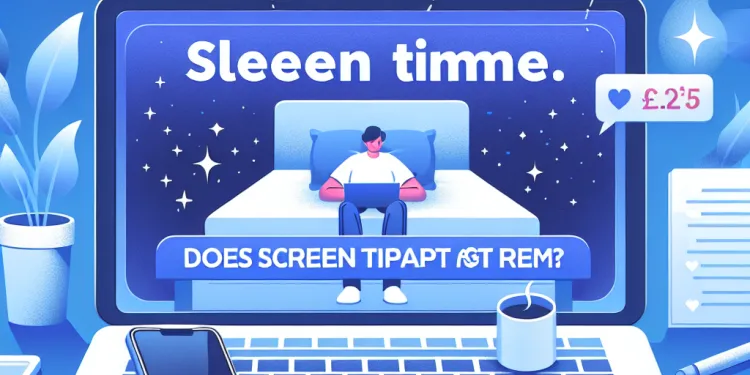
Does screen time impact REM sleep?
Relevance: 76%
-
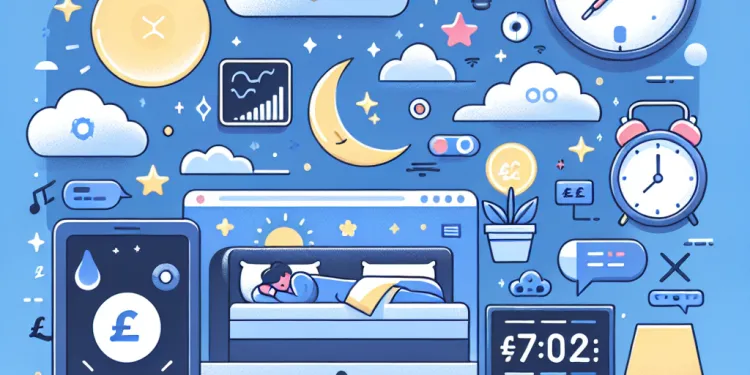
Does screen time affect both sleep onset and sleep maintenance?
Relevance: 74%
-
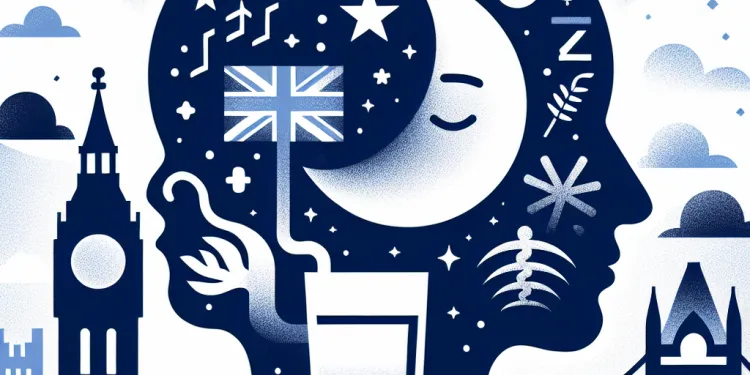
Can alcohol worsen sleep apnea?
Relevance: 74%
-

What is sleep apnea?
Relevance: 74%
-
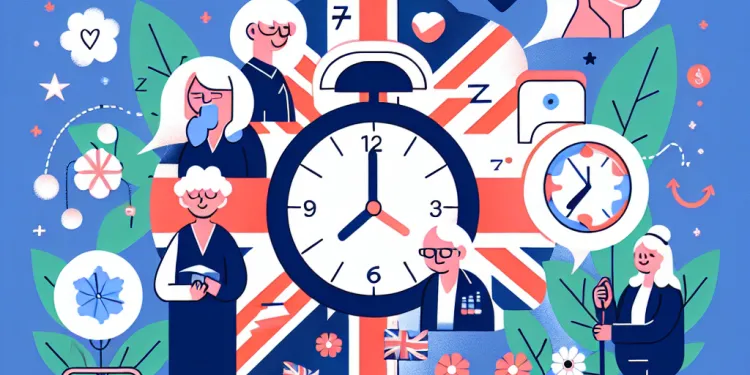
The Importance of Sleep for All Ages
Relevance: 73%
-

What should I do if I suspect I have sleep apnea?
Relevance: 73%
-
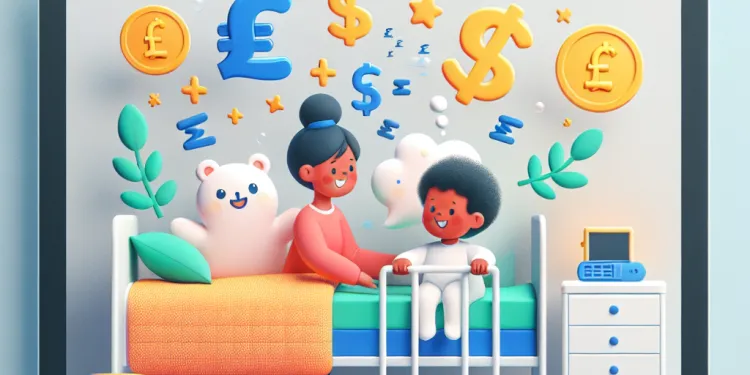
Can children have sleep apnea?
Relevance: 72%
-

What are the main types of sleep apnea?
Relevance: 72%
-
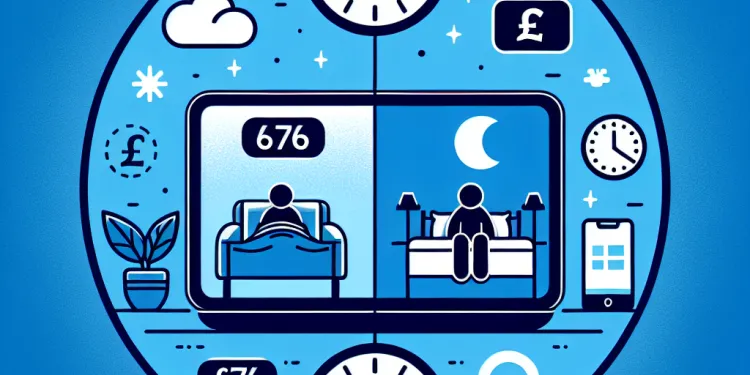
Is there a difference in screen time impact on sleep between weekdays and weekends?
Relevance: 71%
-
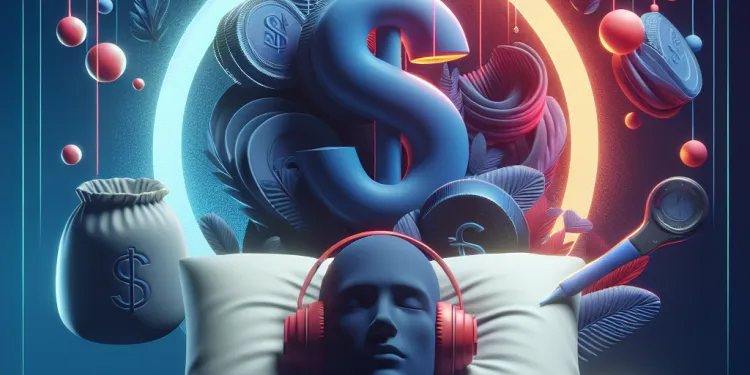
Why is sleep apnea dangerous?
Relevance: 70%
-
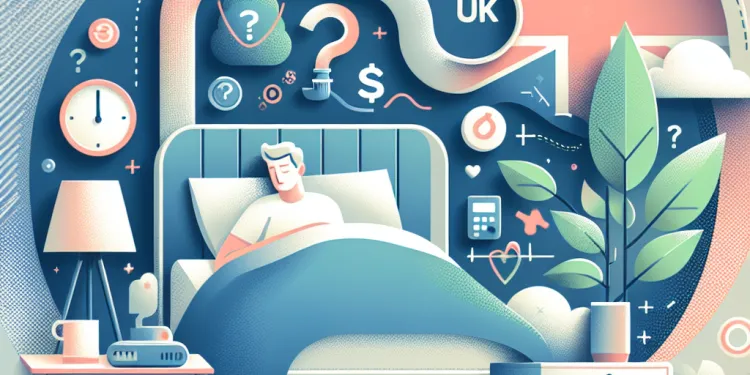
How common is sleep apnea?
Relevance: 70%
-
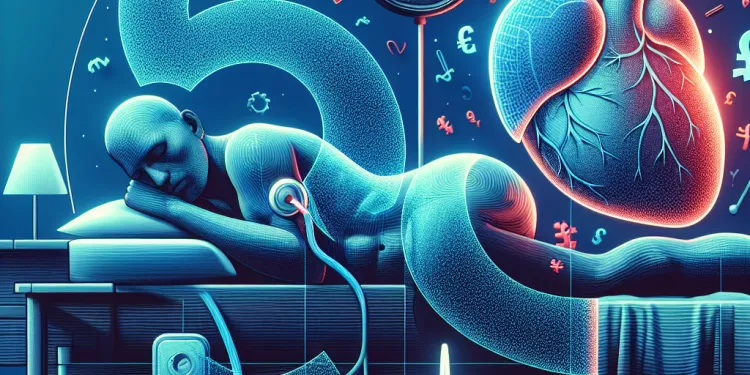
What is complex sleep apnea syndrome?
Relevance: 69%
-
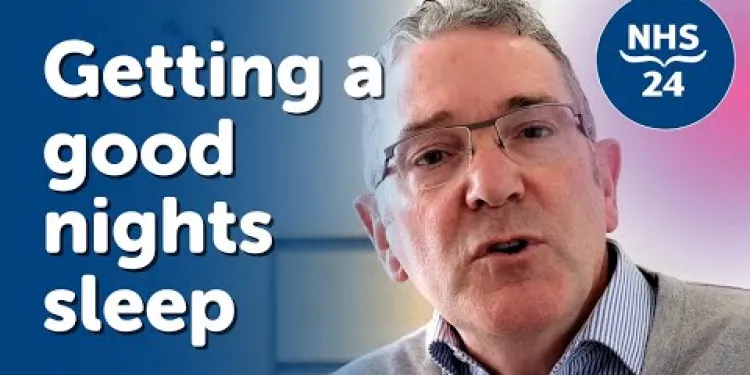
Top Tips to Help You Get a Good Nights Sleep
Relevance: 67%
-

What lifestyle changes can help manage sleep apnea?
Relevance: 67%
-
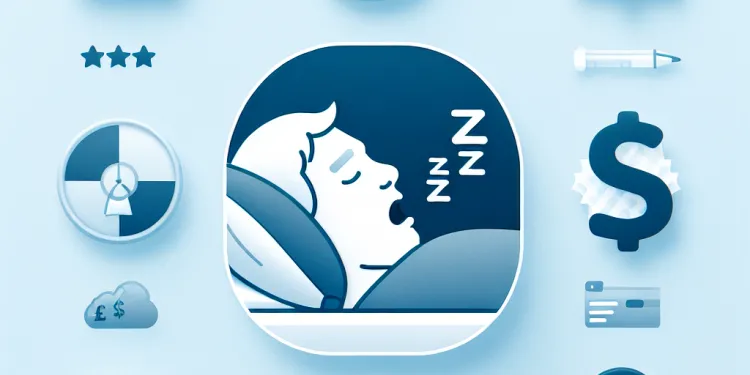
Is snoring always a sign of sleep apnea?
Relevance: 66%
-

Does sleep apnea occur only in adults?
Relevance: 65%
-
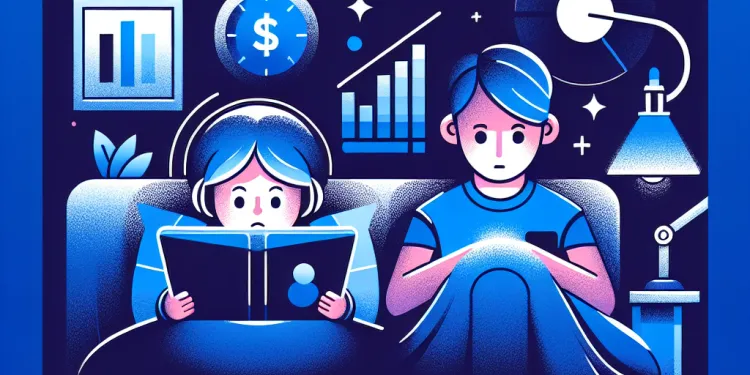
Are children more affected by screen time in relation to sleep than adults?
Relevance: 63%
-
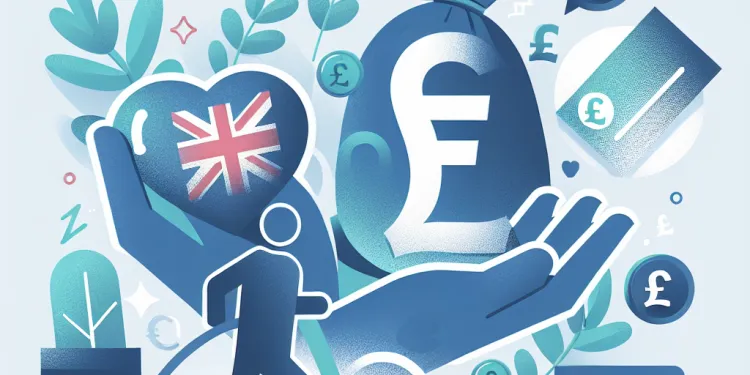
What are risk factors for developing sleep apnea?
Relevance: 62%
-
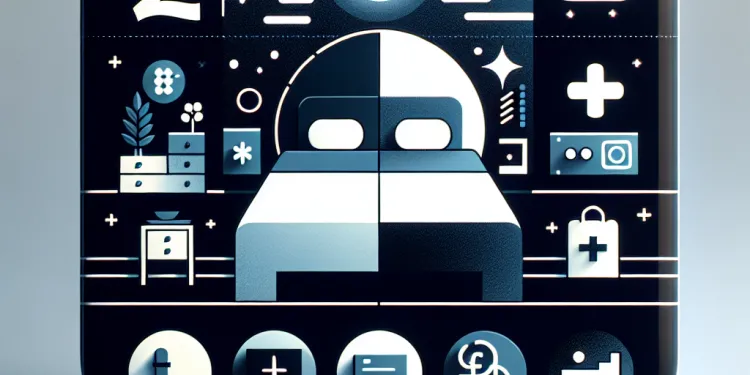
What treatments are available for sleep apnea?
Relevance: 61%
-
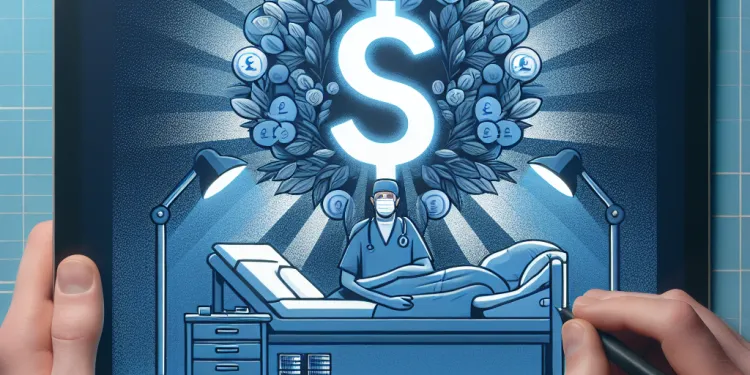
Can sleep apnea be cured?
Relevance: 59%
-

What is the main finding of the study linking screen time to sleep quality?
Relevance: 58%
-
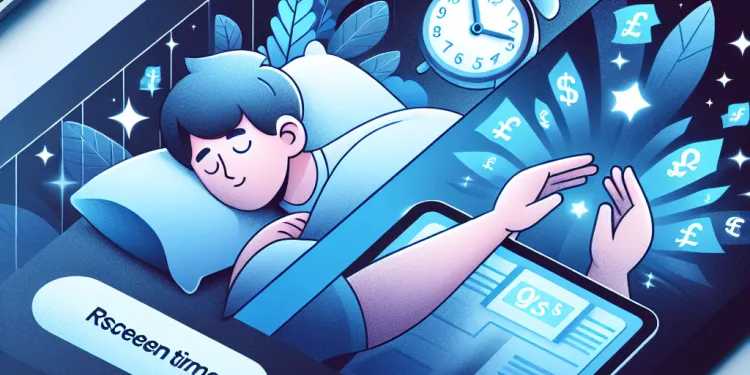
Can reducing screen time improve sleep quality?
Relevance: 58%
-
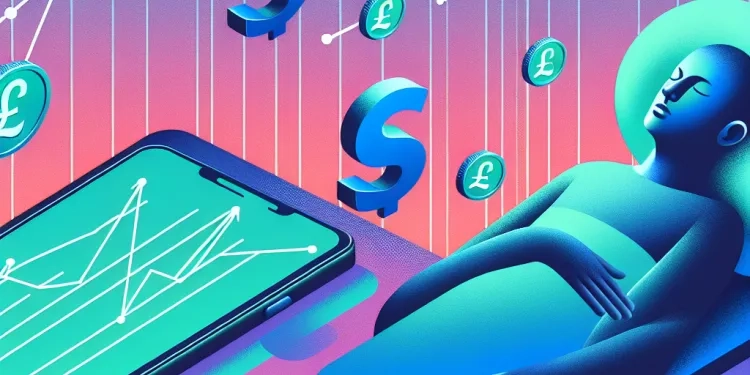
What demographic showed the most significant change in sleep quality due to screen time?
Relevance: 56%
-
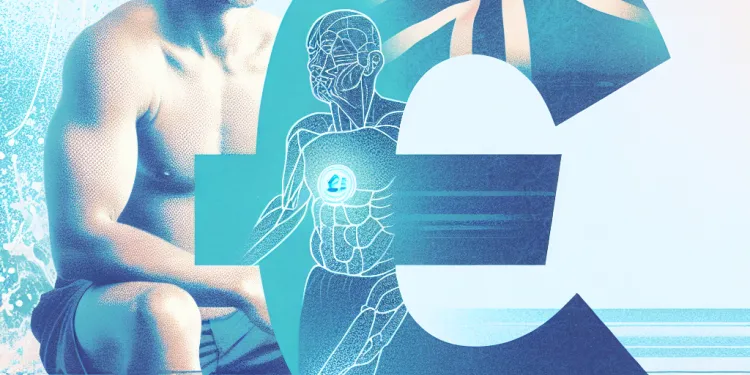
Can weight loss improve sleep apnea?
Relevance: 56%
-

How does screen time affect sleep quality?
Relevance: 54%
-

Are there any screen time guidelines recommended for improving sleep?
Relevance: 53%
-
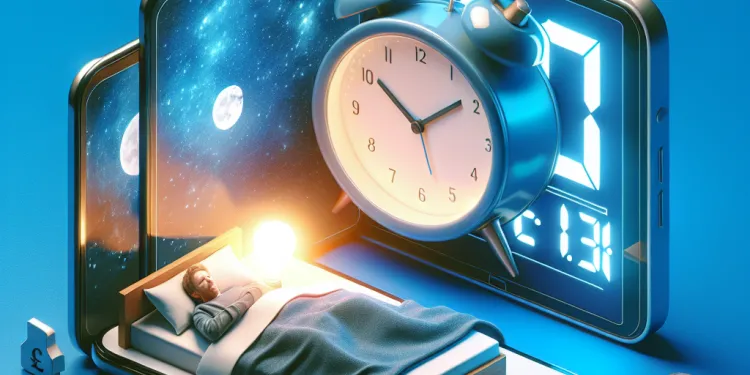
Study Shows Link Between Screen Time and Sleep Quality
Relevance: 53%
-
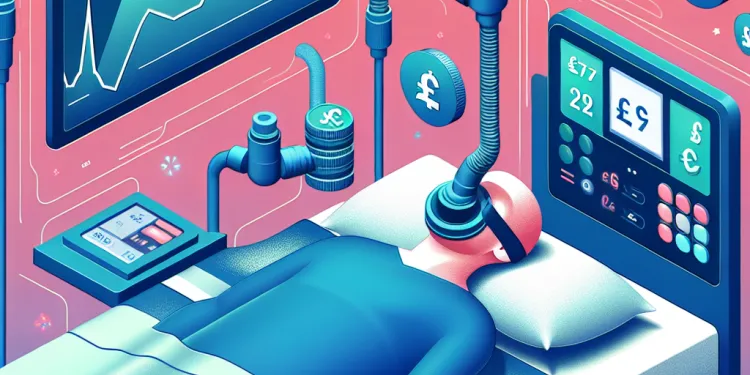
Is CPAP the only treatment for sleep apnea?
Relevance: 50%
-
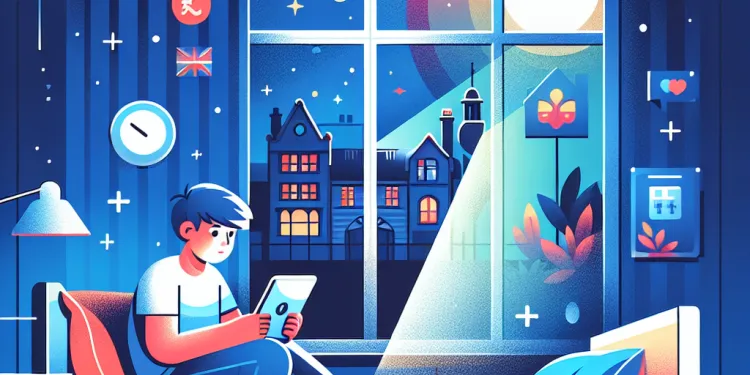
How does screen time before bed specifically affect adolescents?
Relevance: 50%
-
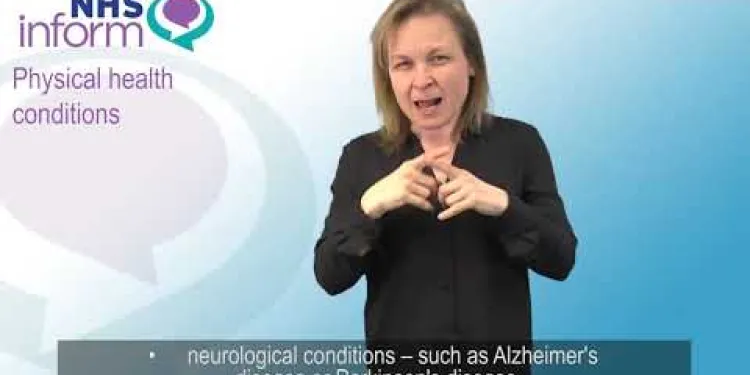
BSL - Causes of insomnia
Relevance: 47%
-

What causes obstructive sleep apnea?
Relevance: 46%
-
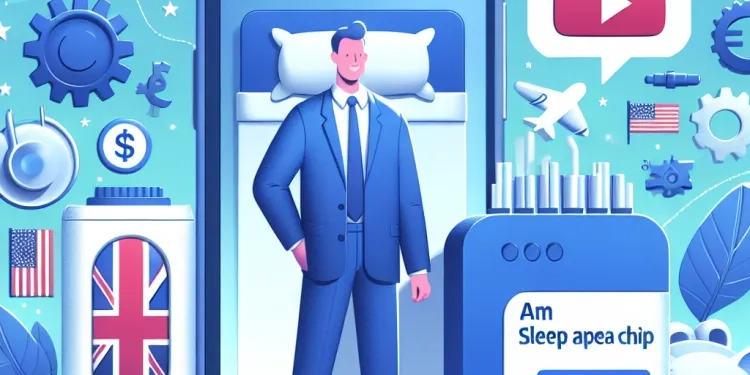
Am I eligible to try the new sleep apnea chip?
Relevance: 44%
-
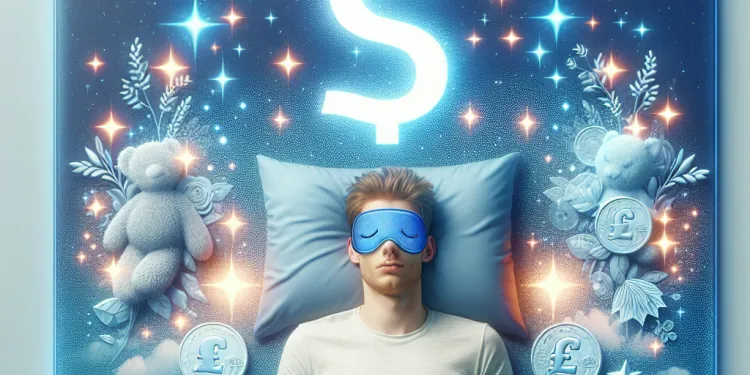
Do mitigation strategies like blue light glasses help improve sleep quality?
Relevance: 43%
-
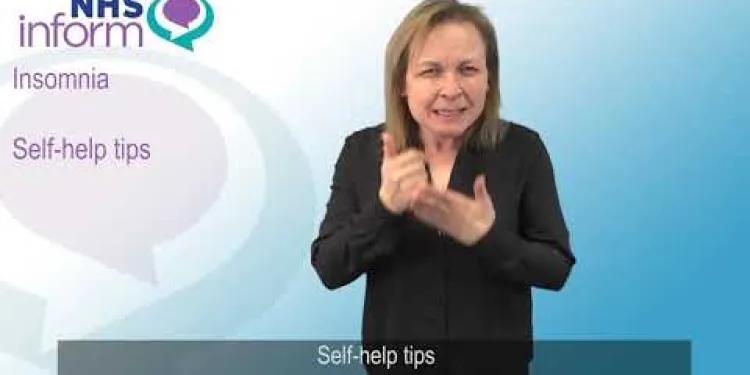
BSL - Insomnia self-help tips
Relevance: 42%
-

Is blue light from screens a factor in affecting sleep quality?
Relevance: 41%
-

How does the new Sleep Apnea Chip work?
Relevance: 37%
What is Sleep Apnoea?
Sleep apnoea is a common disorder where a person’s breathing is repeatedly interrupted during sleep. People with untreated sleep apnoea stop breathing frequently during their sleep, sometimes hundreds of times. This means the brain and the rest of the body may not get enough oxygen. Sleep apnoea is considered a serious medical condition and requires attention.
Types of Sleep Apnoea
There are three main types of sleep apnoea. The first is obstructive sleep apnoea (OSA), which is the most common form. It occurs when the muscles in the throat relax excessively during sleep, narrowing or closing the airway and temporarily cutting off breathing. Central sleep apnoea (CSA) is a less common type that occurs when the brain fails to send appropriate signals to muscles that control breathing. The third type is complex sleep apnoea syndrome, also known as treatment-emergent central sleep apnoea, which is a combination of both OSA and CSA.
Symptoms of Sleep Apnoea
Common symptoms of sleep apnoea include loud snoring, episodes of breathing cessation during sleep observed by another person, abrupt awakenings followed by gasping or choking, morning headache, difficulty staying asleep, excessive daytime sleepiness, and irritability. Not everyone who snores has sleep apnoea, but loud snoring is a significant indicator, particularly when combined with other symptoms.
Diagnosis and Treatment
Sleep apnoea is diagnosed through a sleep study, which may involve an overnight stay at a sleep center or an at-home sleep apnea test. The study monitors various body functions during sleep, such as breathing patterns, oxygen levels, and heart rhythms. Once diagnosed, several treatment options are available. Lifestyle changes, such as losing weight and quitting smoking, can be beneficial. Continuous positive airway pressure (CPAP) therapy is the most common treatment for OSA, where a machine is used to provide steady air pressure through a mask, keeping the airway open. Other options include dental appliances designed to keep the throat open, and surgery to remove tissue or add implants.
Living with Sleep Apnoea
Managing sleep apnoea effectively can significantly improve quality of life. Following treatment plans reduces the risk of complications such as heart disease, stroke, high blood pressure, and diabetes. People with sleep apnoea should aim to practice good sleep hygiene, such as maintaining a regular sleep schedule and creating a comfortable sleep environment. Regular follow-up with healthcare professionals ensures that treatment remains effective and any new symptoms are addressed promptly.
Conclusion
Sleep apnoea is a potentially serious sleep disorder affecting many people. Recognizing symptoms and seeking medical advice is crucial for effective management and treatment. With proper care, those affected by sleep apnoea can lead healthier and more restful lives.
What is Sleep Apnoea?
Sleep apnoea is when a person stops breathing many times during sleep. This can happen hundreds of times in a night. Their brain and body may not get enough air. Sleep apnoea is serious and needs a doctor's help.
Types of Sleep Apnoea
There are three main types of sleep apnoea. The first type is obstructive sleep apnoea (OSA). It happens when the throat muscles relax too much and block the air path. The second type is central sleep apnoea (CSA). This is when the brain forgets to tell the body to breathe. The third type is complex sleep apnoea syndrome. It's a mix of OSA and CSA.
Symptoms of Sleep Apnoea
Signs of sleep apnoea include loud snoring, stopping breathing during sleep, waking up with a gasp or choke, morning headaches, trouble staying asleep, feeling very tired during the day, and being grumpy. Not everyone who snores has sleep apnoea, but it is an important sign to watch, especially with other symptoms.
Diagnosis and Treatment
Doctors find out if you have sleep apnoea with a sleep study. This can be done in a special sleep center or at home. The test checks how you breathe, your oxygen, and your heart while you sleep. If you have sleep apnoea, there are ways to help. Changing habits like losing weight and stopping smoking can help. The most common treatment is a CPAP machine. It helps you breathe by keeping the airway open with a mask. Other treatments include dental devices to help keep the airway open or surgeries.
Living with Sleep Apnoea
Good treatment can make life better with sleep apnoea. It can help prevent heart problems, strokes, high blood pressure, and diabetes. It's helpful to have good sleep habits, like sleeping at the same time every night and having a good sleep space. Regular check-ups with doctors make sure the treatment is working and new symptoms are cared for.
Conclusion
Sleep apnoea is a serious condition. It's important to know the signs and see a doctor. With the right help, people with sleep apnoea can live healthier and sleep better.
Frequently Asked Questions
What is sleep apnea?
Sleep apnea is a sleep disorder characterized by pauses in breathing or periods of shallow breathing during sleep.
What are the main types of sleep apnea?
The main types of sleep apnea are obstructive sleep apnea (OSA), central sleep apnea (CSA), and complex sleep apnea syndrome.
What causes obstructive sleep apnea?
Obstructive sleep apnea is caused by a blockage of the airway, usually when the soft tissue in the back of the throat collapses during sleep.
What are common symptoms of sleep apnea?
Common symptoms include loud snoring, episodes of stopped breathing during sleep, sudden awakenings with gasping or choking, morning headache, and excessive daytime sleepiness.
How is sleep apnea diagnosed?
Sleep apnea is typically diagnosed using a sleep study, either at home or in a sleep lab, that monitors breathing and other body functions during sleep.
Why is sleep apnea dangerous?
Sleep apnea can lead to serious health issues such as hypertension, heart disease, stroke, diabetes, and can significantly affect quality of life.
What treatments are available for sleep apnea?
Treatments include lifestyle changes, continuous positive airway pressure (CPAP) therapy, oral appliances, and surgery in some cases.
Can weight loss improve sleep apnea?
Yes, weight loss can significantly reduce the severity of obstructive sleep apnea for some individuals.
Does sleep apnea occur only in adults?
No, sleep apnea can occur in people of all ages, including children, although the causes and treatments may differ.
Can sleep apnea be cured?
While there is no outright cure for sleep apnea, symptoms can often be managed effectively with appropriate treatment.
Is CPAP the only treatment for sleep apnea?
No, CPAP is one of the most common treatments, but other options include oral appliances, lifestyle changes, and surgery.
How does central sleep apnea differ from obstructive sleep apnea?
Central sleep apnea occurs when the brain fails to send proper signals to the muscles that control breathing, whereas obstructive sleep apnea is due to physical blockage of the airway.
Can alcohol worsen sleep apnea?
Yes, alcohol can relax the muscles of the throat, worsening the symptoms of obstructive sleep apnea.
What lifestyle changes can help manage sleep apnea?
Lifestyle changes such as losing weight, avoiding alcohol and smoking, sleeping on your side, and maintaining a regular sleep schedule can help manage sleep apnea.
Is snoring always a sign of sleep apnea?
Not always. While snoring is a common symptom of sleep apnea, not everyone who snores has the disorder.
How common is sleep apnea?
Sleep apnea is a common condition, affecting millions of people worldwide, with many cases remaining undiagnosed.
What are risk factors for developing sleep apnea?
Risk factors include obesity, male gender, older age, family history, and certain medical conditions like hypertension.
Can children have sleep apnea?
Yes, children can have sleep apnea, often due to enlarged tonsils and adenoids, and it can impact their development and behavior.
What is complex sleep apnea syndrome?
Complex sleep apnea syndrome, also known as treatment-emergent central sleep apnea, is a combination of obstructive and central sleep apnea symptoms.
What should I do if I suspect I have sleep apnea?
If you suspect you have sleep apnea, you should consult a healthcare provider who may recommend a sleep study and discuss treatment options.
What is sleep apnea?
Sleep apnea is a health problem. It makes you stop breathing for short times when you sleep. This can happen many times during the night. It can make you feel very tired during the day.
Here are some things that can help:
- Talk to a doctor.
- Use a special machine at night to help you breathe.
- Try to sleep on your side.
Sleep apnea is a problem people have when they sleep. It makes them stop breathing for short times or breathe very lightly while they sleep.
What are the main types of sleep apnea?
Sleep apnea is a problem that can make it hard to breathe when you are sleeping. There are three main kinds of sleep apnea:
1. Obstructive Sleep Apnea (OSA): This is when the airway gets blocked, often because the throat muscles relax too much.
2. Central Sleep Apnea (CSA): This is when the brain does not send the right signals to the muscles that help you breathe.
3. Complex Sleep Apnea Syndrome: This is when you have both obstructive and central sleep apnea.
To help you understand more about sleep apnea, you can use simple videos or talk to your doctor to explain it in an easy way.
There are three main kinds of sleep apnea. They are:
1. Obstructive Sleep Apnea (OSA): This is when something blocks the air from getting into your lungs while you sleep.
2. Central Sleep Apnea (CSA): This happens when the brain doesn’t tell your body to breathe while you’re sleeping.
3. Complex Sleep Apnea Syndrome: This is when someone has both OSA and CSA at the same time.
To help understand or remember this better, you can use pictures or drawings. Talking to someone about it can also be helpful.
Why do some people have trouble breathing when they sleep?
Obstructive sleep apnea happens when something blocks your airways. This often happens when the soft parts in the back of your throat fall down while you're sleeping.
What happens when you have sleep apnea?
Sleep apnea can make you feel tired. Here are some signs:
- You snore a lot when you sleep.
- You stop breathing while you sleep.
- You feel very sleepy during the day.
If you think you have sleep apnea, it is a good idea to see a doctor.
Using earplugs and sleep masks may help if noises or light disturb your sleep. A special pillow can also help you sleep better.
Here are some common signs:
- Loud snoring when you sleep.
- Stopping breathing for a short time when sleeping.
- Waking up suddenly feeling like you can't breathe.
- Headaches in the morning.
- Feeling very sleepy during the day.
Useful tools:
- Sleep apps can help you track your sleep.
- White noise machines may help you sleep better.
How do doctors find out if someone has sleep apnea?
If the doctor thinks someone might have sleep apnea, they will check their sleep. The person might need to spend the night at a special place called a sleep center to do a sleep study.
A sleep study is when doctors watch how you sleep. They check if your breathing stops and starts while you sleep.
Sometimes, people can do a sleep study at home using special tools that the doctor gives them.
If you think you have sleep apnea, tell a grown-up you trust or a doctor. They can help you get the right tests.
Doctors find out if you have sleep apnea with a test. The test checks how you breathe when you sleep. You can do this test at home or in a special sleep center.
Why is sleep apnea dangerous?
Sleep apnea is when you stop breathing while sleeping.
This can be bad for your health.
Here is why it is dangerous:
- It can make you very tired during the day.
- It can make your heart work harder.
- It can make it hard to pay attention.
- It can make you feel sad or grumpy.
If you have sleep apnea, talk to a doctor for help.
Tools to help:
- Use pictures to understand better.
- Listen to someone read this to you.
- Ask someone to explain if it is still not clear.
Sleep apnea can make you very sick. It can cause problems like high blood pressure, heart problems, and stroke. It can also lead to diabetes. It can make life very hard and not fun.
What can help if you have sleep apnea?
Sleep apnea is when you stop breathing for short times while you sleep. Here are some ways to help:
- CPAP Machine: This is a special mask that helps you breathe at night.
- Change Sleep Position: Sleeping on your side might help you breathe better.
- Lose Weight: If your doctor says it's okay, losing weight can make breathing easier.
- Breathing Exercises: Doing exercises to strengthen your throat muscles can help.
- See a Doctor: A doctor can give you special advice and help you choose what’s best.
It is important to visit a doctor if you think you have sleep apnea. Ask a family member to go with you or write down your questions before your visit. You can also ask for things to be explained in a way you understand.
Treatments for the problem include:
- Changing how you live, like eating healthy food and getting exercise.
- Using a CPAP machine. This helps you breathe while you sleep.
- Wearing a mouthpiece that a dentist might give you.
- Sometimes, doctors might do an operation if it's needed.
It can help to talk to a doctor about what is best for you.
Can losing weight help with sleep apnea?
Sleep apnea is when you stop and start breathing during sleep. It can make you very tired. Losing weight can help some people with sleep apnea. It's like this:
- If you are overweight, extra fat around your neck can block your breathing while you sleep.
- When you lose weight, there is less fat, and this can help you breathe better.
Ways to try losing weight include:
- Eating healthy foods like fruits and vegetables.
- Exercising, like walking or playing sports.
If you have trouble understanding, ask an adult to help explain it to you. You can also use pictures or videos to learn more.
Yes, losing weight can help make obstructive sleep apnea less severe for some people.
Do only grown-ups get sleep apnea?
No, sleep apnea can happen to anyone, even children. The reasons why and how we help them might be different.
Can sleep apnea be fixed?
Sleep apnea is when someone stops breathing for short times when they sleep. This can happen many times during the night.
Right now, there is no cure for sleep apnea. But people can use things to help:
- A special mask to wear at night that helps you breathe better. It's called a CPAP machine.
- Try to sleep on your side instead of your back.
- Lose weight if the doctor says it's needed.
- Avoid smoking or drinking alcohol, especially before bed.
It's always good to talk to a doctor. They can help find what works best for you.
There is no full cure for sleep apnea, but you can usually manage the symptoms with the right help.
Is CPAP the only way to help with sleep apnea?
No, CPAP is not the only way to help with sleep apnea. There are other things that can help too.
Sleep apnea means that someone stops breathing for a short time when they sleep. It can make you feel really tired during the day.
CPAP is a machine that helps you breathe better at night. CPAP stands for Continuous Positive Airway Pressure. It keeps your airway open when you sleep.
There are other ways to help with sleep apnea:
- Lose weight if you are overweight. It can make sleep apnea better.
- Sleep on your side instead of your back.
- Use special mouthpieces that keep your airway open.
- Don't drink too much alcohol before bed.
- If you smoke, try to stop smoking.
Talk to your doctor to see what is best for you.
No, CPAP is just one type of treatment. There are other ways to help, like special mouthpieces, changing habits, and having surgery.
What is the difference between central sleep apnea and obstructive sleep apnea?
Sleep apnea means you stop breathing when you sleep.
There are two main types of sleep apnea:
- Central Sleep Apnea: This happens when your brain doesn't tell your muscles to breathe.
- Obstructive Sleep Apnea: This happens when something blocks your airway, like your throat muscles relaxing too much.
Ways to get help:
- Use a CPAP machine to help keep your airways open.
- Talk to a doctor if you think you have sleep apnea.
Central sleep apnea happens when the brain does not tell the muscles to breathe. Obstructive sleep apnea happens when something blocks the air from getting through.
Does drinking alcohol make sleep apnea worse?
Yes, drinking alcohol can make the muscles in your throat relax too much. This can make sleep apnea worse.
How can you change your life to help with sleep apnea?
Here are some simple changes to help with sleep apnea:
- Lose weight if you need to.
- Try not to drink alcohol.
- Do not smoke.
- Sleep on your side.
- Go to bed and wake up at the same time every day.
Does snoring mean you have sleep apnea?
Not always. Snoring is sometimes a sign of sleep apnea, but not everyone who snores has sleep apnea.
How many people have sleep apnea?
Sleep apnea is a condition where people stop breathing for short times during sleep. Many people have it, but they might not know.
Tools to help:
- Ask your doctor for advice if you have trouble sleeping.
- Use a sleep monitor to check your breathing at night.
Many people around the world have a problem called sleep apnea. It affects lots of people, but many don't know they have it.
What can make sleep apnea happen?
Some things can make sleep apnea more likely:
- Being Overweight: Carrying extra weight can block your throat.
- Being Older: Sleep apnea is more common in older people.
- Family History: If your family has it, you might too.
- Big Neck Size: A larger neck can mean more chance of sleep apnea.
- Being Male: Men are more likely to have sleep apnea.
To help:
- Try to stay at a healthy weight.
- Talk to a doctor if you have trouble sleeping.
- A sleep test might help check your sleep.
Things that can make the risk higher are being overweight, being a man, being older, having family members with the same problem, and having some health problems like high blood pressure.
Can kids have sleep apnea?
Yes, kids can have sleep apnea. This means they have trouble breathing while they sleep.
Here are some signs to look for:
- Loud snoring
- Pauses in breathing
- Restless sleep
- Daytime tiredness
If you think a child might have sleep apnea, talk to a doctor. The doctor can help.
Some things that might help:
- Using a special pillow
- Sleeping on the side
- Breathing exercises
Yes, kids can have sleep problems called sleep apnea. This often happens because their tonsils and adenoids are too big. It can change how they grow and behave.
What is complex sleep apnea syndrome?
Complex sleep apnea syndrome is a health problem where a person has trouble breathing when sleeping. They sometimes stop and start breathing.
It is a mix of two problems:
- Obstructive sleep apnea: Breathing stops because the throat muscles relax too much.
- Central sleep apnea: The brain does not send the right signals to breathe.
If you think someone has this, talk to a doctor. They can tell you what to do. Special machines can help a person breathe better at night.
Complex sleep apnea syndrome is a sleep problem. It is also called treatment-emergent central sleep apnea. It happens when you have both obstructive and central sleep apnea symptoms.
What to do if you think you have sleep apnea
If you think you have sleep apnea, here are some steps you can take:
- Talk to your doctor: Tell your doctor about your sleep problems.
- Keep a sleep diary: Write down how you sleep each night. Note any problems you notice.
- Ask for help: Family or friends may notice if you snore loudly or stop breathing when you sleep.
- Use a sleep app or watch: These can help track your sleep patterns.
Your doctor can help find out if you have sleep apnea and tell you what to do next.
If you think you might have sleep apnea, it's important to talk to a doctor. The doctor might suggest a special sleep test and talk about ways to help you feel better.
Useful Links
- Ergsy carfully checks the information in the videos we provide here.
- Videos shown by Youtube after a video has completed, have NOT been reviewed by ERGSY.
- To view, click the arrow in centre of video.
- Most of the videos you find here will have subtitles and/or closed captions available.
- You may need to turn these on, and choose your preferred language.
- Go to the video you'd like to watch.
- If closed captions (CC) are available, settings will be visible on the bottom right of the video player.
- To turn on Captions, click settings .
- To turn off Captions, click settings again.
More Items From Ergsy search
-

What is sleep apnoea?
Relevance: 100%
-

How is sleep apnea diagnosed?
Relevance: 87%
-

What are common symptoms of sleep apnea?
Relevance: 79%
-

What is complex sleep apnea syndrome?
Relevance: 78%
-

Does screen time impact REM sleep?
Relevance: 76%
-

Does screen time affect both sleep onset and sleep maintenance?
Relevance: 74%
-

Can alcohol worsen sleep apnea?
Relevance: 74%
-

What is sleep apnea?
Relevance: 74%
-

The Importance of Sleep for All Ages
Relevance: 73%
-

What should I do if I suspect I have sleep apnea?
Relevance: 73%
-

Can children have sleep apnea?
Relevance: 72%
-

What are the main types of sleep apnea?
Relevance: 72%
-

Is there a difference in screen time impact on sleep between weekdays and weekends?
Relevance: 71%
-

Why is sleep apnea dangerous?
Relevance: 70%
-

How common is sleep apnea?
Relevance: 70%
-

What is complex sleep apnea syndrome?
Relevance: 69%
-

Top Tips to Help You Get a Good Nights Sleep
Relevance: 67%
-

What lifestyle changes can help manage sleep apnea?
Relevance: 67%
-

Is snoring always a sign of sleep apnea?
Relevance: 66%
-

Does sleep apnea occur only in adults?
Relevance: 65%
-

Are children more affected by screen time in relation to sleep than adults?
Relevance: 63%
-

What are risk factors for developing sleep apnea?
Relevance: 62%
-

What treatments are available for sleep apnea?
Relevance: 61%
-

Can sleep apnea be cured?
Relevance: 59%
-

What is the main finding of the study linking screen time to sleep quality?
Relevance: 58%
-

Can reducing screen time improve sleep quality?
Relevance: 58%
-

What demographic showed the most significant change in sleep quality due to screen time?
Relevance: 56%
-

Can weight loss improve sleep apnea?
Relevance: 56%
-

How does screen time affect sleep quality?
Relevance: 54%
-

Are there any screen time guidelines recommended for improving sleep?
Relevance: 53%
-

Study Shows Link Between Screen Time and Sleep Quality
Relevance: 53%
-

Is CPAP the only treatment for sleep apnea?
Relevance: 50%
-

How does screen time before bed specifically affect adolescents?
Relevance: 50%
-

BSL - Causes of insomnia
Relevance: 47%
-

What causes obstructive sleep apnea?
Relevance: 46%
-

Am I eligible to try the new sleep apnea chip?
Relevance: 44%
-

Do mitigation strategies like blue light glasses help improve sleep quality?
Relevance: 43%
-

BSL - Insomnia self-help tips
Relevance: 42%
-

Is blue light from screens a factor in affecting sleep quality?
Relevance: 41%
-

How does the new Sleep Apnea Chip work?
Relevance: 37%